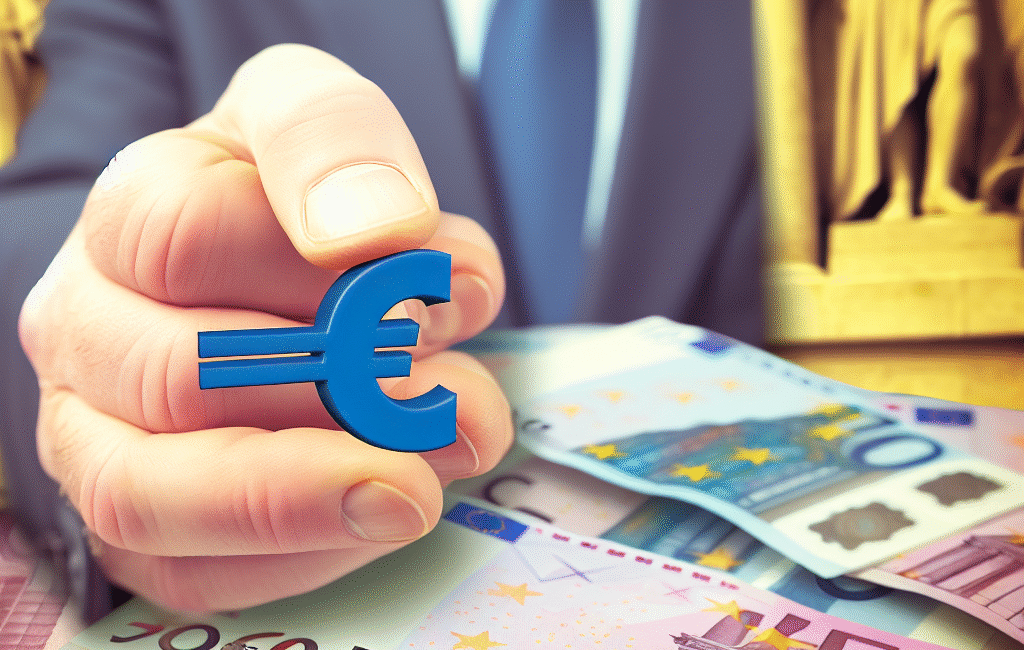The ECB predicts that the digital euro could replace cash and deposits, but the public is skeptical.
The digital euro and the future of currency in Europe
According to the latest report from the European Central Bank (ECB), the introduction of the digital euro could have a significant impact on the European monetary system. It is estimated that for every 10 euros issued digitally, €5 in physical banknotes could be withdrawn from circulation and €3 could migrate from bank deposits. This scenario could lead to a total replacement of €256 billion in cash and deposits, according to the ECB's optimistic projections.
However, despite the strategic importance of this digital currency, the interest of European citizens seems to be rather low. A recent ECB study of a sample of 19,000 people in 11 countries revealed a strong preference for traditional payment methods. Only a fraction of respondents showed willingness to invest in the digital euro, raising questions about its acceptance and use.
Scenarios of digital euro adoption
The ECB has outlined three scenarios for the adoption of the digital euro: the conservative, with a replacement of €15 billion; the medium, with a replacement of €125 billion; and the optimistic, reaching up to €256 billion. These figures suggest that although there is significant potential for the digital euro, its implementation may take time and a change in Europeans' payment habits.
Why are citizens skeptical?
The reasons behind citizens' skepticism about the digital euro may be many. Familiarity with traditional payment methods, concern about the privacy and security of digital transactions, and lack of clear information about the digital currency could influence their perception. In addition, fear of excessive surveillance by authorities could contribute to resistance to the adoption of this new form of currency.
Conclusions and future prospects
In conclusion, the digital euro represents an opportunity to modernize the European monetary system and meet the needs of an increasingly digital economy. However, for this transition to be successful, it will be crucial to address public concerns and promote greater financial education about the benefits and risks associated with the digital euro. Only in this way can we hope to overcome current barriers and encourage the adoption of this innovative form of currency.

